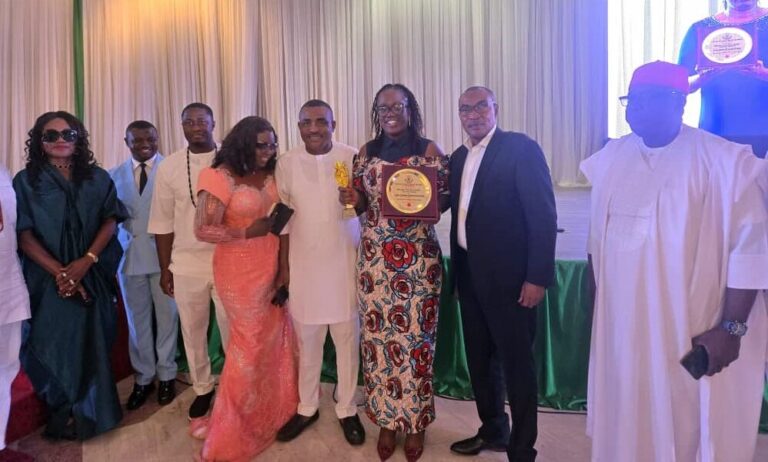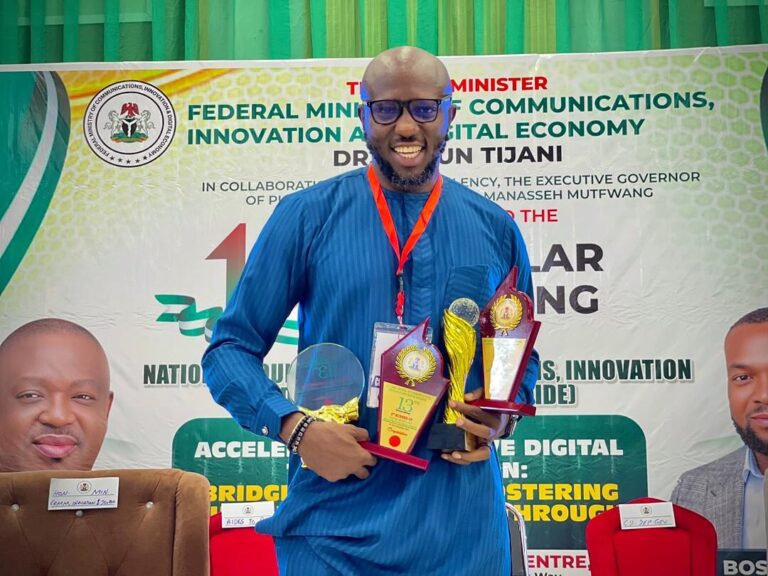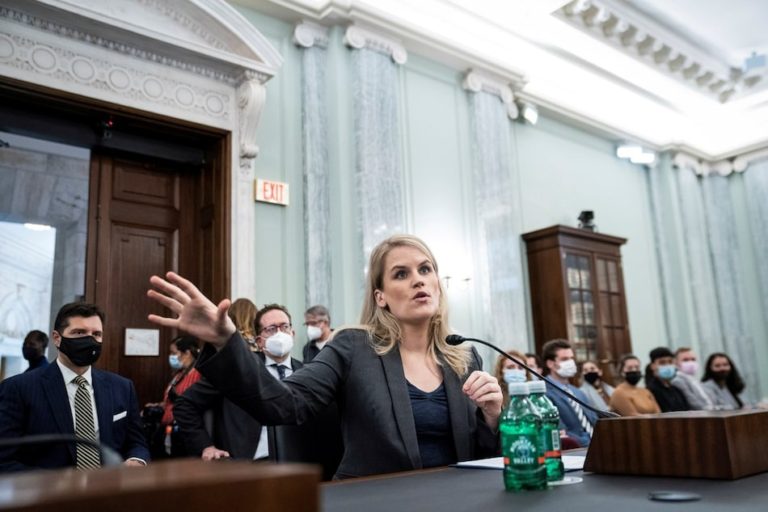Kenyan Government Share Plans to Build 1,450 ICT Hubs

- The Kenyan government has revealed plans to build 1,450 ICT hubs in the country as part of its efforts to implement the recently launched Digital Master Plan 2022-2032.
- The project, set to begin in 2024, will offer Kenyans digital literacy training, film production, and public access to government services across the country.
- Eluid Owalo, the ICT cabinet secretary, emphasised the significance of this development in laying a stronger foundation for ICT-related development and the digital economy.
Imagine that we could generate 300 digital employment at a single center. We can produce 1,500 youngsters in the hamlet in a constituency with an average of five wards. Even though these centers will be located in the village, the young people there will be employed by both domestic and foreign companies.
Owalo restated the government’s resolve to see the project through to its completion in order to position Kenya as the ICT powerhouse of Africa.
Over time, Kenya has been a major player in Africa’s digital revolution. The nation has started a number of digital infrastructure initiatives to pave the way for growth and economic progress.
The country, which is in second place in Africa for technology growth, has unveiled a ten-year digital master plan.
The four primary pillars of the digital master plan are digital skills, digital infrastructure, digital services and data management, and promoting digital innovation for entrepreneurship.
According to the digital infrastructure pillar, which also calls for the development of 25,000 hotspots in public areas and significant business districts, the establishment of government clouds, the quickening of the development of Konza technopolis and smart cities, the building of regional ICT infrastructure, and the development of a sustainable power plan to support the infrastructure, 1,450 information and communication hubs have been established nationwide.
Furthermore, through collaborations with the corporate sector, the government intended to expedite the introduction of the comprehensive Digital Literacy Programme (DLP) in schools beginning in March 2022.
In an effort to instill in kids a modern understanding of technology at an early age, 1,170,846 digital devices have been installed in 22,891 public primary schools.







